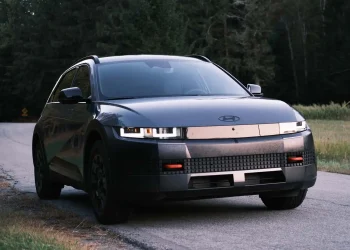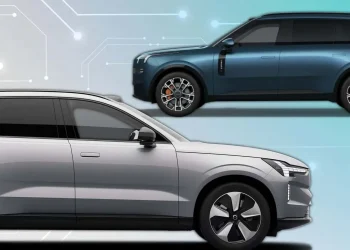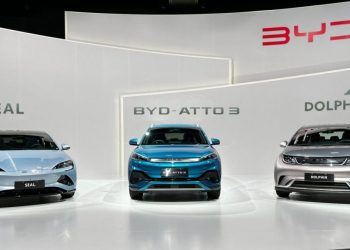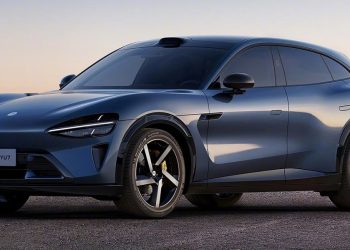Electric vehicle adoption in East Africa is gaining traction as rising fuel costs push consumers in Kenya and Ethiopia toward more affordable Chinese EV brands like Changan, Wuling, and Neta. These compact electric models are increasingly popular among taxi operators and urban drivers looking for cost-effective alternatives.
However, a heated EV price war in China, initiated by Tesla and intensified by BYD, now threatens to destabilize this growing African market. With fierce discounting tactics, even advanced EVs are being sold at prices once thought impossible. Analyst Lei Xing warns that such cutthroat competition is unsustainable, and smaller manufacturers may collapse—leaving African buyers exposed.
In Ethiopia, where gasoline vehicle imports were banned in early 2024, demand for EVs has surged. Yet, journalist Sarah Assefa notes the unintended side effects: older fuel cars are losing value, while EV prices have started climbing due to rising demand. Chinese companies have invested in local infrastructure and semi-assembled vehicle imports, but their continued support is uncertain if China’s EV sector consolidates.
In Kenya, the dilemma is deeper. Brand expert Sally Njogu argues that while affordability is key, African governments remain hesitant to promote electric mobility due to fuel tax dependence. Without legal protections or robust after-sales networks, local EV owners risk being stranded with unsupported vehicles if smaller Chinese brands exit the market.
Ultimately, while cheaper EVs offer short-term benefits, long-term reliability, service, and trust will determine the winners in Africa’s electric future. As Xing concludes, the most successful EV brands won’t be the cheapest—they’ll be the most dependable.https://www.youtube.com/watch?v=IuVOm7WaLR0











